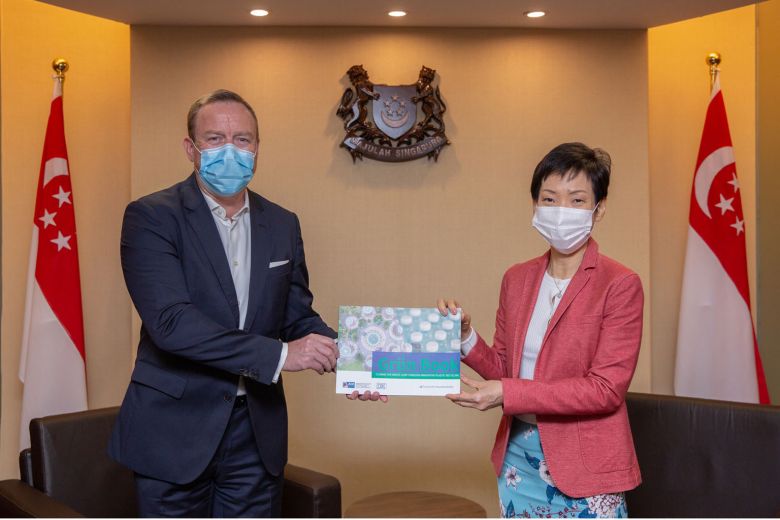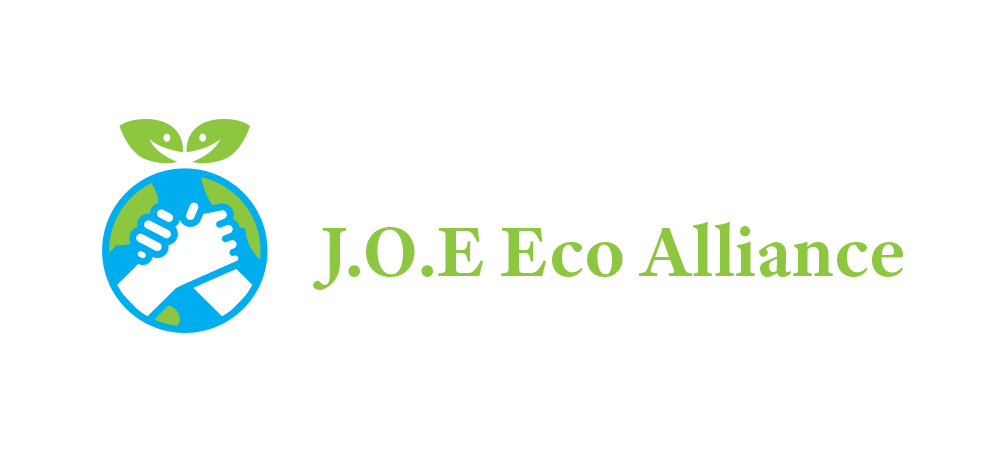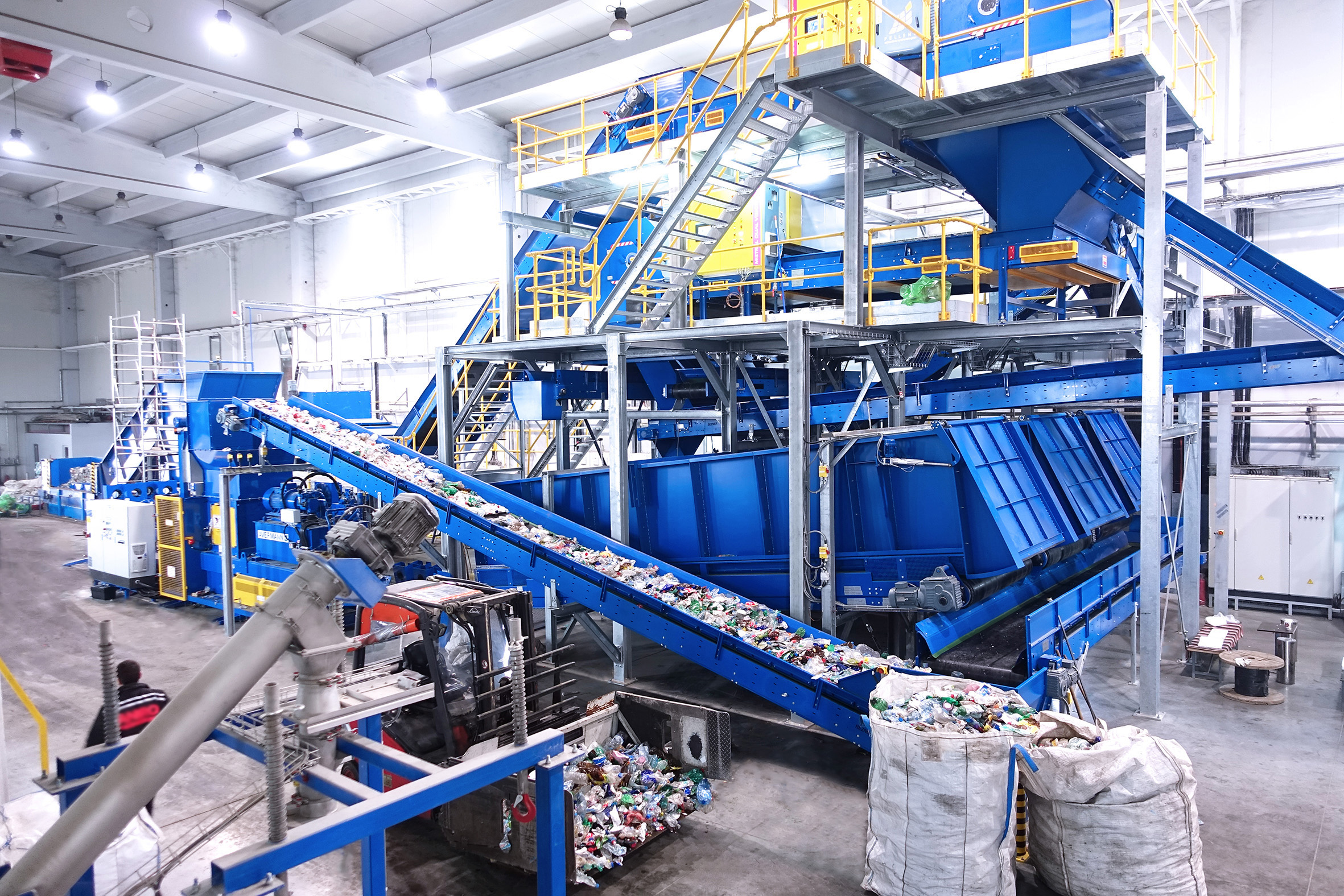Plans for new association, centre to boost plastics recycling in S’pore

新加坡德国商会将在本地成立塑料再循环卓越中心和PET塑料瓶再循环厂,引进欧洲德语系国家的再循环专长,目标是将新加坡打造为塑料回收的区域枢纽。
新加坡德国商会昨天举办以可持续和塑料再循环为主题的网络对话会,同时推介探讨新加坡和德国循环回收蓝图的新书《绿皮书》(Grün Book)。永续发展与环境部长傅海燕向出席网络对话会的60余名商会会员和业界伙伴发表专题演讲。
商会的可持续委员会主席约阿希姆·伊尔葛(Joachim Ihrcke)在会上宣布将成立塑料再循环卓越中心,促进新德两国的政商合作。
中心成立后的首要任务是设立“以瓶制瓶”(bottle-to-bottle)的PET塑料瓶再循环厂,将德国经验转化为符合新加坡和东南亚民情的做法,是中心推进的方向。
新书《绿皮书》提倡在新加坡推行塑料循环的重要性,梳理我国的零废弃总蓝图和德国的回收循环实力,以及一项有关“以瓶制瓶”再循环厂的跨国合作个案研究。
傅海燕在演讲中提到,新书的出版象征新德两国在研究和塑料回收跨境合作的起步点,可为现在和下一代的经济发展、就业机会和未来发展做出贡献。
新加坡德国商会主席延斯·吕贝尔(Jens Ruebbert)说:“德国回收工业高度发展塑料再循环能力,可提供专业建议和援助,协助新加坡达成目标。”
《绿皮书》免费供公众下载,有兴趣者可点击这里下载刊物。
The Singaporean-German Chamber of Industry and Commerce (SGC) has announced plans to establish a Plastics Recycling Association and a Centre of Excellence for recycling here, with the eventual goal of turning Singapore into a regional hub of excellence in plastics recycling.
This will in turn create more business opportunities and boost the economy here, said the SGC.
The plan, announced during a virtual book launch yesterday, will see European experts and companies working together with local counterparts and government institutions in the plastics recycling arena.
The SGC’s sustainability committee chairman Joachim Ihrcke unveiled the plan at the virtual launch of Grun Book, which means “green book”. The text gives an overview of Singapore and Germany’s recycling and sustainability journeys, and describes the plan for Singapore to become a regional hub in recycling.
The launch was attended by Minister for Sustainability and the Environment Grace Fu, who also wrote the book’s foreword.
Calling Singapore and Germany “well placed” to help address waste challenges faced in South-east Asia, Ms Fu said pursuing sustainability through adopting innovative processes will give businesses a competitive advantage in the future economy, and allow them to resonate with consumers who are increasingly environmentally conscious.
She said: “There is immense potential for greater research and exchanges in recycling, which will generate economic opportunities and green jobs.”
Recycling, particularly in the area of plastics, has long been a concern for land-scarce Singapore.
It was reported last year that 949,300 tonnes of plastic waste was generated here in 2018, but only 4 per cent was recycled. Of that amount, only 7 per cent was processed locally, while the rest was sent overseas.
But countries in the region have begun shutting their doors to the world’s waste, with China banning plastic imports and South-east Asian nations such as Thailand and Vietnam looking to follow suit.
The authorities here have been looking for ways to extend the life span of Semakau Landfill.
Mr Ihrcke said yesterday that the SGC plans to set up the Plastics Recycling Association within two months, and begin discussions on what kind of recycling projects it would like to embark on.
Further details were not disclosed, but he added that the target is to establish the Centre of Excellence for recycling by the second quarter of next year, and set up a PET (polyethylene terephthalate) bottle recycling plant here in the second quarter of 2022. If built, the plant will help researchers determine how to adjust recycling solutions to meet needs in the region.
In its book, the SGC noted that the engagement of the local community is essential for the success of the pilot plant. It said: “Once the solutions are successfully implemented in Singapore… (it) can invite other countries to view the solutions, partner with them, and export the products and technologies in the region.
“As the demand in the region for recycling solutions is immense, this will open various opportunities for Singaporean businesses and boost the nation’s economy.”
Mr Ihrcke said he hopes the PET recycling plant will be the first of many projects to come.
Ms Fu said: “Europe, Germany, Switzerland and Austria offer us many good learning lessons. And we intend to learn from people that are ahead of us and have applied some of the solutions.”
She added: “That’s how Singapore has always been – learn broadly, learn widely, pick up what’s relevant and apply (it) effectively.”
Grun Book is available as a free download here.
Source: Zaobao / The Straits Times





